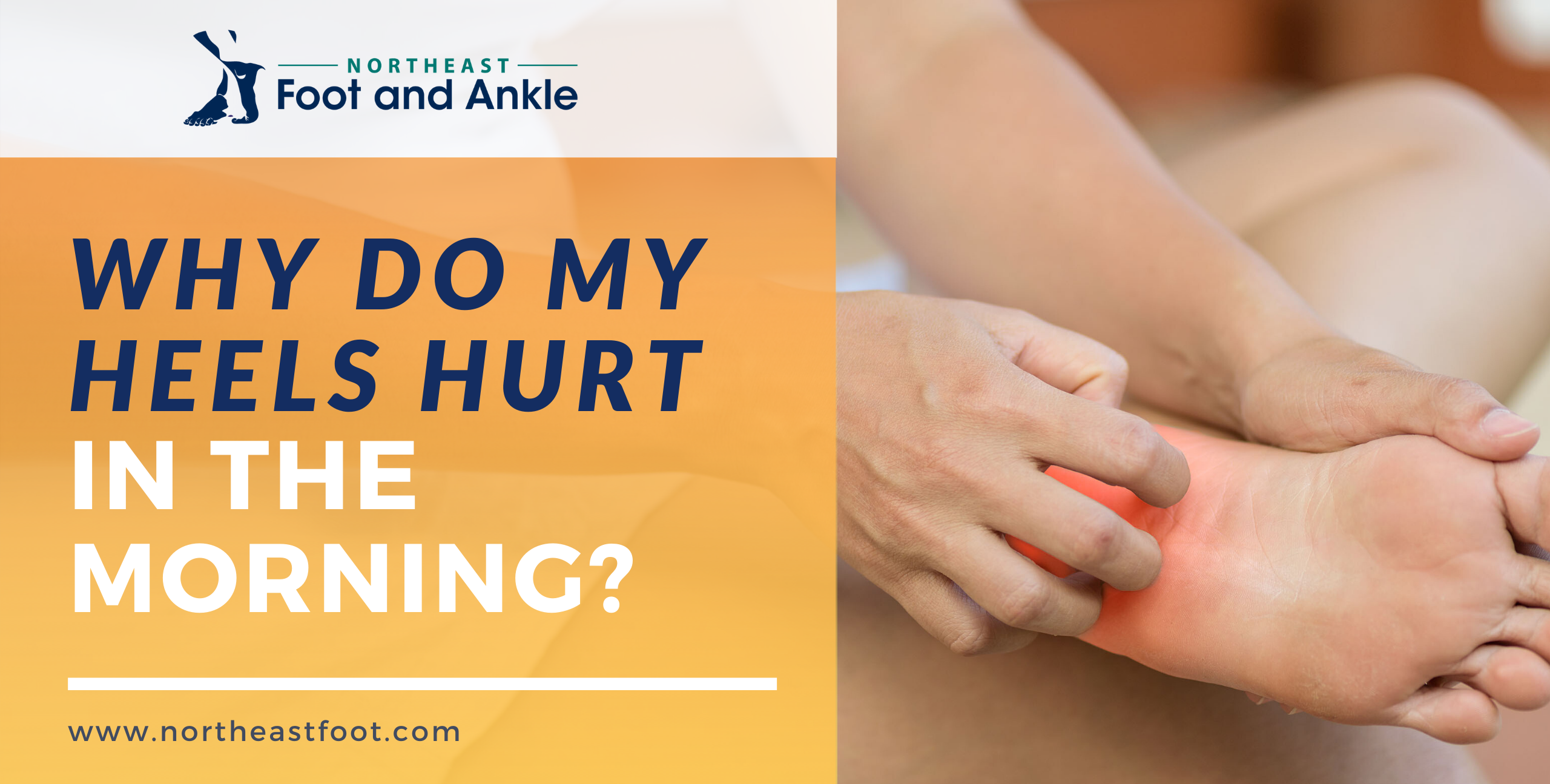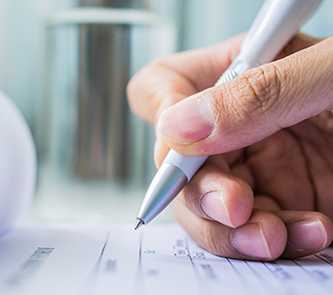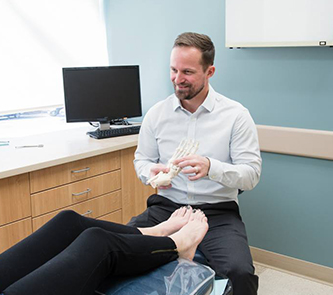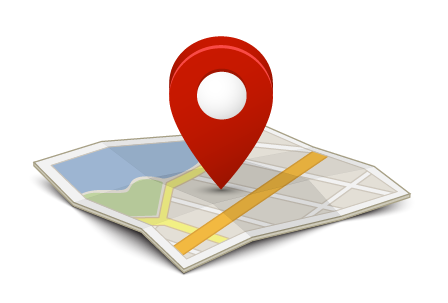Why Do My Heels Hurt in the Morning?
We’re not going to say you have to get up every morning with the drive and alertness of a champion. Some of us need a little time and coffee to get to that point.
What we are saying, though, is that you shouldn’t literally dread putting your feet on the floor each morning. For some of us, hitting the ground first thing sends a shooting pain through our heels, making it feel like a grown-up and especially cruel game of “The Floor is Lava.”
It usually takes a couple minutes of moving before your heels feel better, but you can expect the same routine the next morning, as well as many times you start moving again after a long period of inactivity.
If this sounds like your situation, morning heel pain is something we see and treat here frequently. The primary suspect is a condition known as plantar fasciitis, and we can help you manage it and start your days off on the right foot!

What is Plantar Fasciitis, and Why Is It Hurting My Heels This Way?
Plantar fasciitis is a soft tissue injury within a thick band of tissue along the underside of the foot.
The plantar fascia runs from the heel bone to the base of the toes. It helps form the arch of the foot, and also serves an important role in motion. With each step we make, the plantar fascia flexes, storing and releasing energy much like a bowstring to help propel us forward.
It’s a tough job with long hours, but the plantar fascia is built to handle it—normally. However, there are situations when the plantar fascia can become overstrained, resulting in the development of tiny tears within the tissue. This aggravation is responsible for the heel pain many feel.
So why is it worst in the morning and other times you get moving after inactivity? Since the plantar fascia is made to flex, it is capable of expanding and contracting. When you rest—either overnight or, say, at your desk for a workday—the band contracts. Once you start moving again, the plantar fascia is forced to stretch, which can be especially painful for those microtears. Once the plantar fascia has “warmed up” enough, the initial pain typically diminishes.
Why Do I Have Plantar Fasciitis?
The big money question is this: What is causing excess strain to my plantar fascia?
Multiple factors can be responsible, and sometimes more than one can be at play. Some of these factors include:
- Pushing your body too hard and/or over too long a period of time without proper rest can cause excess stress and, in turn, damage. Running and other high-impact sports can easily lead to plantar fasciitis if you are not performing within your limits or not taking enough rest days. So can jobs that involve lots of standing or stooping for long periods of time.
- Foot structure and gait. An abnormality in the structure of your feet (such as flat feet) can affect the way that weight is distributed, as well as how your feet and lower legs move as you walk. This can lead to excess weight and force being placed against areas that are not typically conditioned to handle it, which lead to strain and injury.
- Life factors. Age can be a contributing factor to plantar fasciitis, making injuries more likely. Excess weight can also place excess strain on the plantar fascia, further increasing one’s risks.
When we understand the root causes behind a case of plantar fasciitis, we can recommend the most effective forms of treatment for it.

How to Treat Plantar Fasciitis
The good news is that plantar fasciitis is highly treatable. The vast majority of patients suffering from heel pain can find significant—if not total—relief without any need for surgery or invasive procedures.
Every patient and every case is unique, so not all treatment plans are the same. We only make recommendations after a thorough examination and learning as much as we can about how your heel pain is affecting your daily life and activities.
Some of the forms of treatment we might recommend include:
- Stretching and exercise. A routine of stretches and/or exercise can help condition the plantar fascia and surrounding elements to reduce strain and stress. Loosening tight calf muscles, for example, can lessen the strain of the muscle on the heel bone and connected plantar fascia.
- Custom orthotics. In cases where an abnormal gait or foot structure is at play, custom orthotic inserts can provide specified amounts of cushioning and corrective support, taking excess pressure away from the plantar fascia and other “hot spots.”
- Night splints. These are devices worn on the feet overnight to hold the plantar fascia in a more extended position, reducing the pain that can be present in the morning.
- Cortisone injections. An injection of synthetic cortisone (aka corticosteroid) can significantly reduce pain and inflammation caused by plantar fasciitis. Relief from this method typically lasts for a long-term basis. Learn more about this method of treatment in our video.
- EPAT. An advanced form of treatment that stimulates the body’s own natural healing process to more effectively relieve pain and accelerate healing in soft tissues.
In rare situations, these forms of treatment will not produce the desired results. Surgery might then be considered as an option for finding relief. If it is, we will naturally discuss the pros and cons of such procedures with you, so you can make a choice about how to move forward in full confidence.
Take Care of Heel Pain Now!
The sooner you identify and attack the causes of your heel pain, the faster and more effectively you can find the comfort you seek. We’ve treated tons of heel pain cases, and would be happy to add yours to the list.
Want to know more about heel pain? We have a free electronic guide that you can request here on our website. Check out 9 Ways to Avoid Heel Pain to get yours.
And if you want to schedule an appointment, we’d be happy to see you! Call us at (603) 431-6070.
Pay Your Bill
Make a payment online through our payment portal or Care Credit!
Portsmouth Office
14 Manchester Square, Suite 250
Portsmouth, NH 03801
Nashua Office
17 Riverside Street, Suite 205
Nashua, NH 03062
Website Hosted by SC Digital



